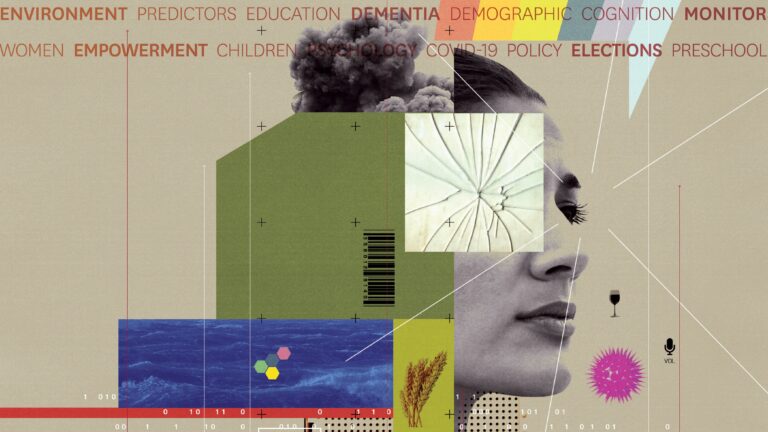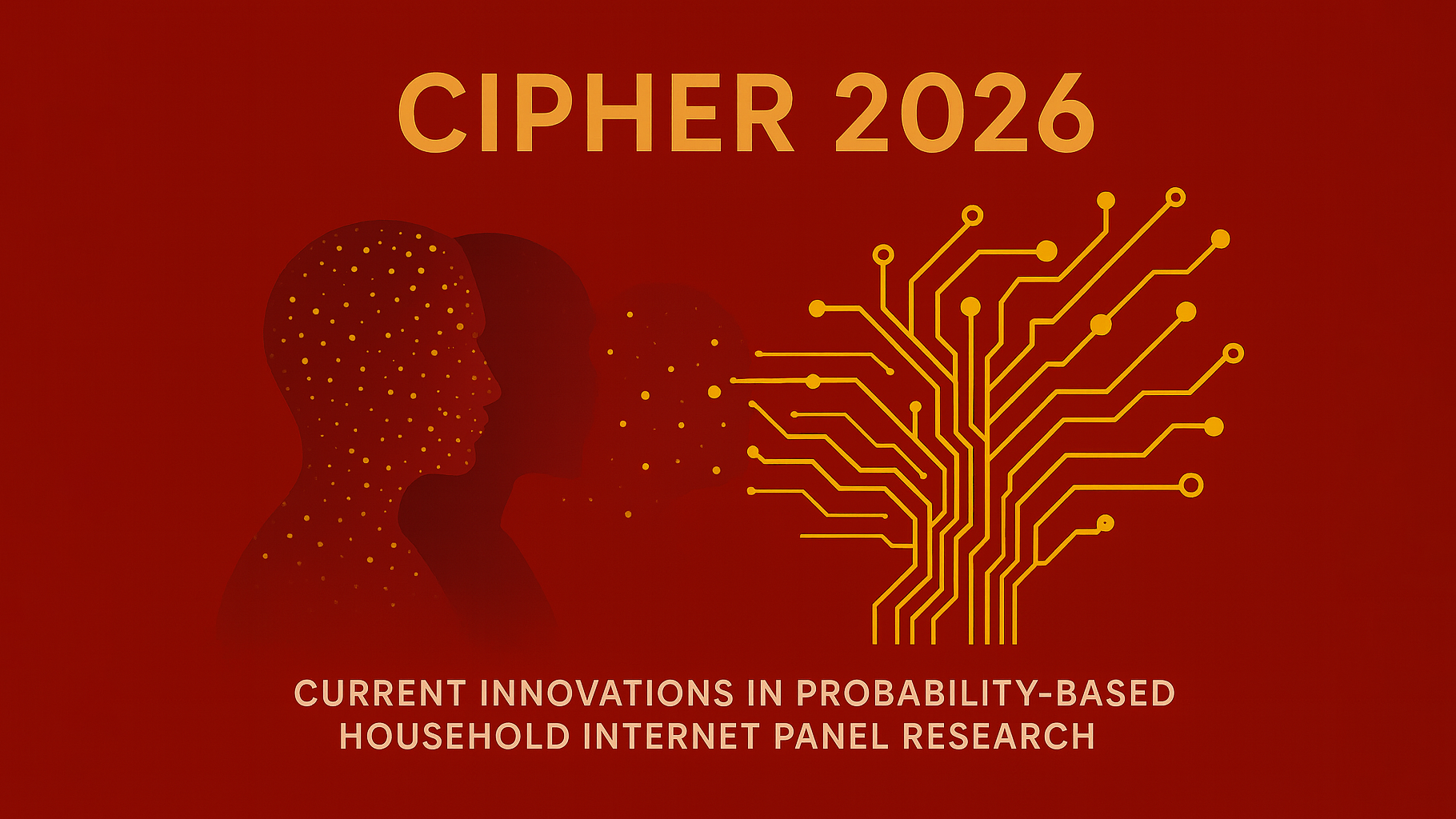Welcome to a Changing World
The Center for Economic and Social Research (CESR) is dedicated to discovering how people around the globe live, think, interact, age, invest, and make important, life-changing decisions. Our in-depth research and analysis are deepening the understanding of human behavior in a wide range of economic and social contexts.
Our ultimate goal: to improve social welfare by informing and influencing decision-making in the public and private sectors. Along the way, we are leading a creative revolution in how scientists conduct social science and economic research through the use of innovative technology. Tomorrow is here, today.
In its eighth installment, the Current Innovations in Probability-Based Household Internet Panel Research (CIPHER) Conference expands its scope to include artificial intelligence (AI) as a new area of focus. As always, CIPHER builds on a rich legacy of methodological innovation, international collaboration, and emerging data modalities. Bringing together researchers, technologists, and policymakers, this year’s conference will explore how AI can enhance panel design, data quality, respondent engagement, and ethical governance. Join us as we chart the future of probability-based internet panels at the nexus of artificial intelligence and survey science.








